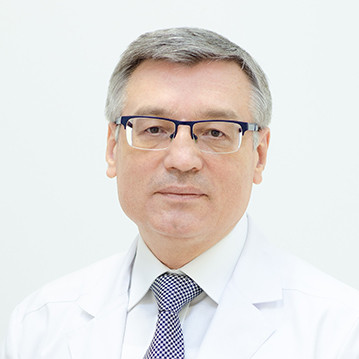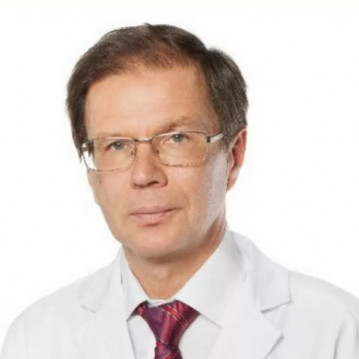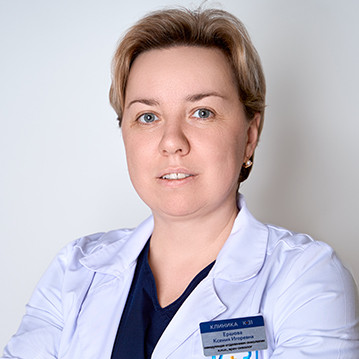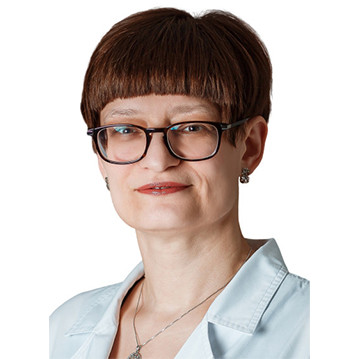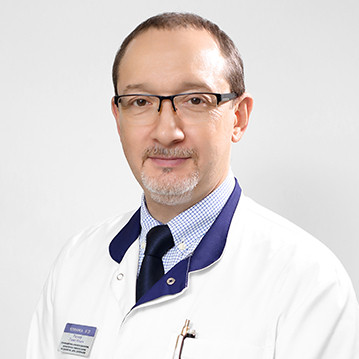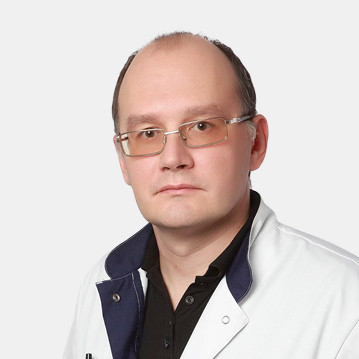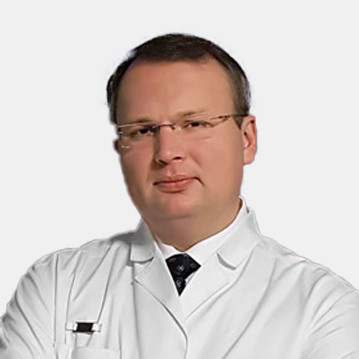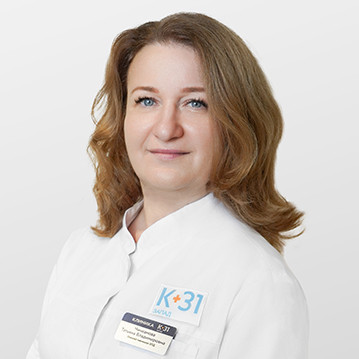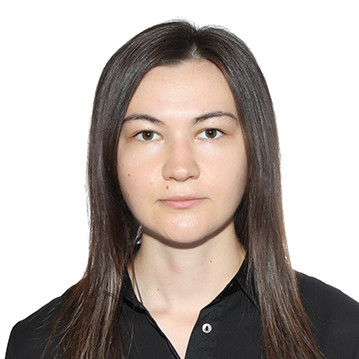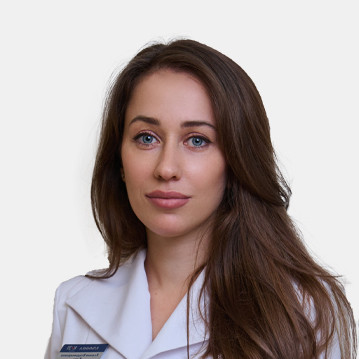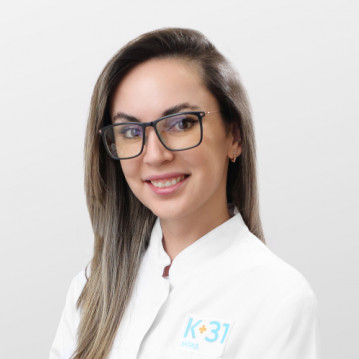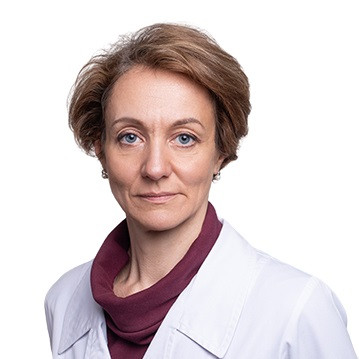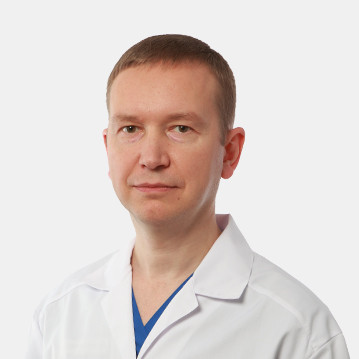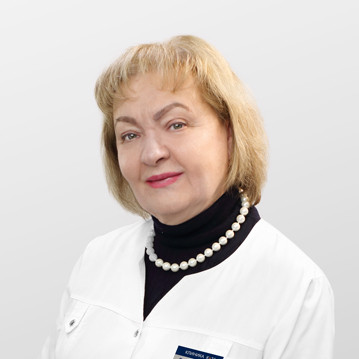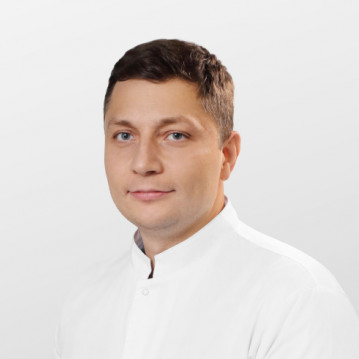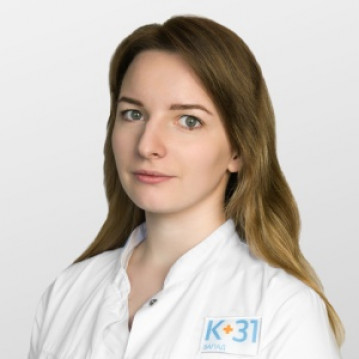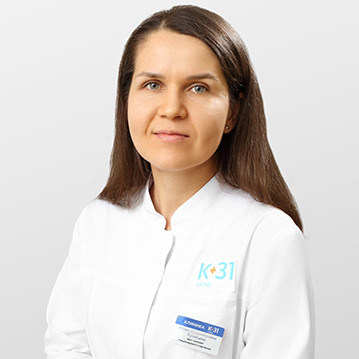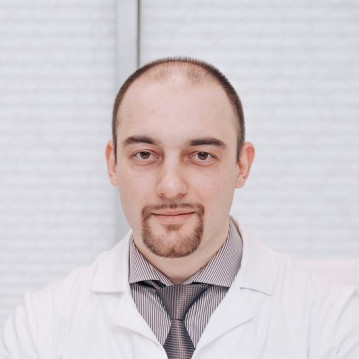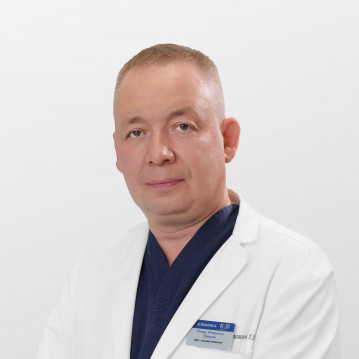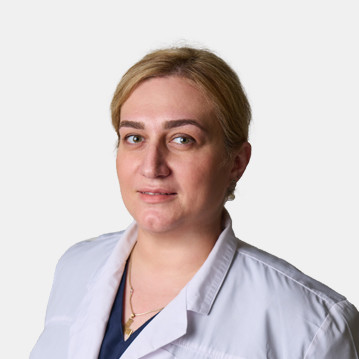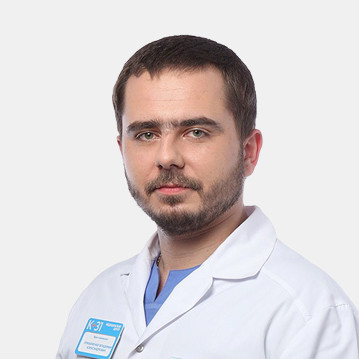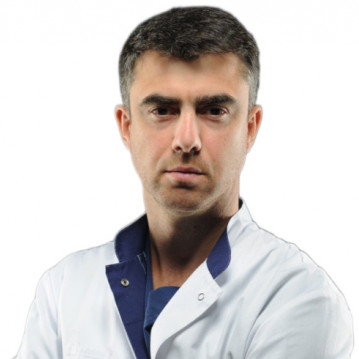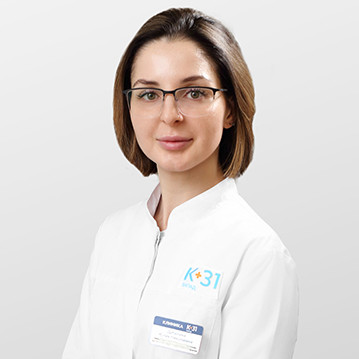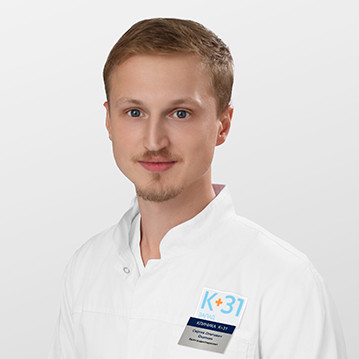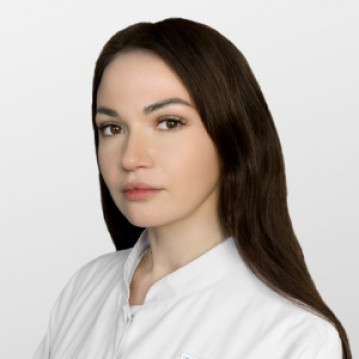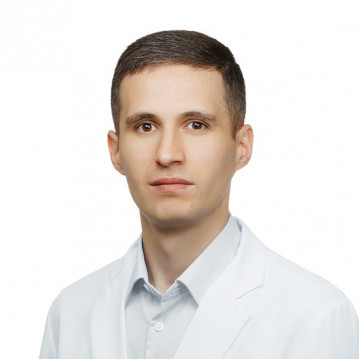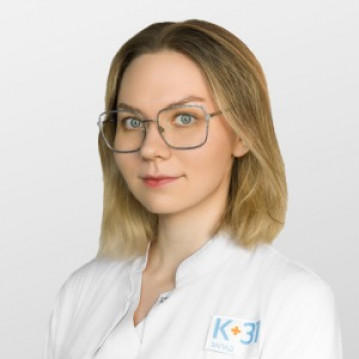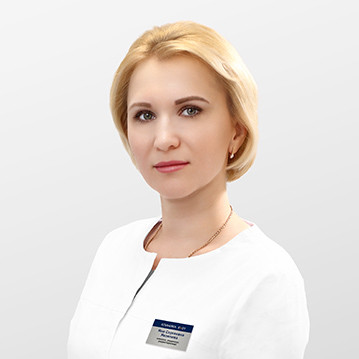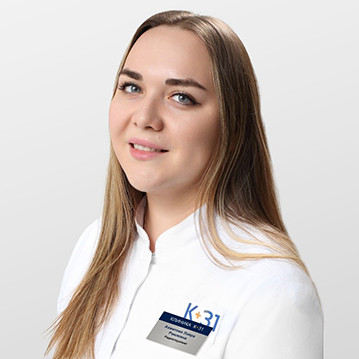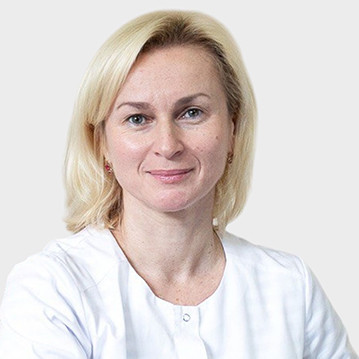
Chemotherapy is stressful for the body. One of the negative effects of cancer treatment is alopecia, or hair loss. The degree of baldness depends on the type of drugs used, the duration and frequency of sessions. In any case, the problem of hair loss after chemotherapy is faced by most patients. with oncological diseases, which negatively affects self-esteem and aggravates a severe psycho-emotional state, caused by a complex disease and its treatment, especially in women.
The changed appearance is a constant reminder of the disease, its symptoms and all the trials that have to endure since the diagnosis. The prospect of hair loss after chemotherapy is also often a reason for refusing full-fledged cancer treatment, which involves the use of chemotherapeutic agents. Against the background of all the experiences, the question of the possibility of preserving hair during chemotherapy does not lose its relevance.
Hair loss is the most well-known side effect of chemotherapy. But not all drugs that are used during cancer treatment lead to baldness. Some chemotherapy drugs do not cause hair loss, while others cause only partial hair loss. Some drugs lead to complete baldness. Sometimes hair loss begins in the first days of chemotherapy. In other cases, this may not happen for weeks.
Specialists of the medical center K + 31 pay great attention to the prevention of hair loss. We use techniques that reduce the risk of alopecia during chemotherapy. Book a consultation by phone or online.
Why does chemotherapy make hair fall out?
Chemotherapy is a cancer treatment procedure in which cancer cells are destroyed by the action of special drugs. But it acts not only on them, but on the whole organism. This leads to worsening of the condition after chemotherapy. Healthy cells, including hair follicles, also suffer from chemotherapy.
The life cycle of the hair consists of three phases: the growth phase, when the hair is actively growing, the transitional phase, when the cells of the hair follicle gradually stop dividing, and the resting phase, when the cells do not divide, the hair does not grow and after a few months its natural loss occurs .
During the first phase, the cells of the hair follicle are actively dividing. Like the cells of any cancerous tumor. It is on them that the action of chemotherapy drugs, which are cytostatics, is directed, i.e. they inhibit division. During a course of chemotherapy, these drugs stop the division of tumor cells and the division of hair follicles, which brings the onset of the second phase of the life of the hair, and, accordingly, the third - its loss. At the same time, the follicle cannot go into the first phase, as in a normal cycle.
Hair falls out after chemotherapy on any part of the body, but due to differences in the structure of hair follicles in different places and the individual characteristics of the person, some places suffer from this more often than others. So the hair on the head falls out more often. Loss of hair on the legs, pubis, in the armpits occurs less often and often not completely. Eyelashes and eyebrows, as well as mustaches and beards, do not always fall out.
The degree of baldness depends on the drugs used, the duration of the cancer treatment and the condition of the patient. Therefore, hair loss is not a necessary side effect of chemotherapy or hormone therapy.
What drugs cause hair loss after chemotherapy?
Such drugs include, for example, epirubicin, doxorubicin, taxol, taxotere, and some others. In our clinic, doctors use sparing chemotherapy drugs, which reduce the likelihood of hair loss, and also use quite effective methods of prevention. Call or leave a request on the website, we will call you back and schedule a consultation.
Hair loss - treatment and prevention
Modern techniques allow minimizing the effects of chemotherapy and preserving hair during cancer treatment. One of the available options that can be used within the clinic K+31 - prevention of hair loss during the course of chemotherapy for the treatment of cancer.
How to solve the problem and prevent baldness? Scalp cooling
Any woman who is about to undergo chemotherapy is concerned about the question: is it possible to avoid hair loss? The unique system of the British company Paxman is designed specifically to prevent alopecia after chemotherapy. Research shows that cancer patients who take advantage of prevention lose less hair and use wigs and hats less frequently.
The effectiveness of the procedure is not very high, and even with it, the hair falls out partially, but it increases the likelihood of maintaining the hairline during treatment with chemotherapy. Our clinic has state-of-the-art equipment for scalp cooling, in which patients will feel comfortable and safe. At the consultation, you will learn about the indications and contraindications of this procedure.
How does it work?
The principle of operation is based on the application of the hypothermia technique. The effectiveness of the action is provided by the cooling system of the scalp. By lowering the temperature in the area of the hair follicles by several degrees - up to 40% slows down blood flow to the hair follicles, and hence the flow of the drug, which helps prevent hair loss after chemotherapy or minimize losses. As a result of reducing the negative impact of cancer chemotherapy treatment, it is possible to minimize the effects of the introduction of potent drugs locally and protect the hair follicles.
Prophylaxis of hair loss in our clinic is an opportunity:
- prevent hair loss and avoid baldness;
- maintain a positive attitude towards chemotherapy treatment;
- overcome the fear of changing appearance due to illness.
A cancer diagnosis and post-surgery chemotherapy puts the patient under a lot of stress. Hair loss only aggravates the mental state and makes the disease too noticeable in the eyes of others. All patients want life to go on and be as similar as possible to the previous one. So that relatives and friends do not get scared and worried every time they see a sick person. Prevention of hair loss after chemotherapy allows you not to complicate the situation even more, gives confidence and optimism, especially for women and those whose work is related to communication with people. Preserving your hair for cancer means, in many ways, preserving your lifestyle. The specialists of the clinic are also engaged in the prevention of hair loss in men, since this issue is important for many members of the stronger sex.
Contact our clinic both for the treatment of cancer and for the prevention of hair loss. Prevention of hair loss in women is an area to which our specialists pay great attention. Give us a call or book an online consultation and our clinic will contact you as soon as possible. On the site you can read the news of the clinic, get acquainted with the methods of treatment and prices for services.
Features of the procedure
ORBIS is a mobile and compact device with a simple control system. The refrigerant is contained in the refrigeration unit and flows to the scalp through special tubes attached to a silicone cap (cold helmet) equipped with sensors. The solution circulates at a temperature of -4°C, providing an optimal level of scalp cooling.
There is no pain during the procedure. Sessions are comfortable and do not cause inconvenience. The caps are light, soft and individually tailored to the size of the head, which ensures the most snug fit. For successful prevention of hair loss, a constant low temperature is maintained during the session. Information about the indicators is displayed on the touch screen, which allows for complete control and eliminates the risks of hypothermia or other unpleasant consequences. But sometimes patients do not feel very comfortable, so it is better to wear something warm.
Numerous studies confirm the effectiveness of preventing alopecia. A positive result of hair preservation after chemotherapy is noted by more than 85% of patients.
